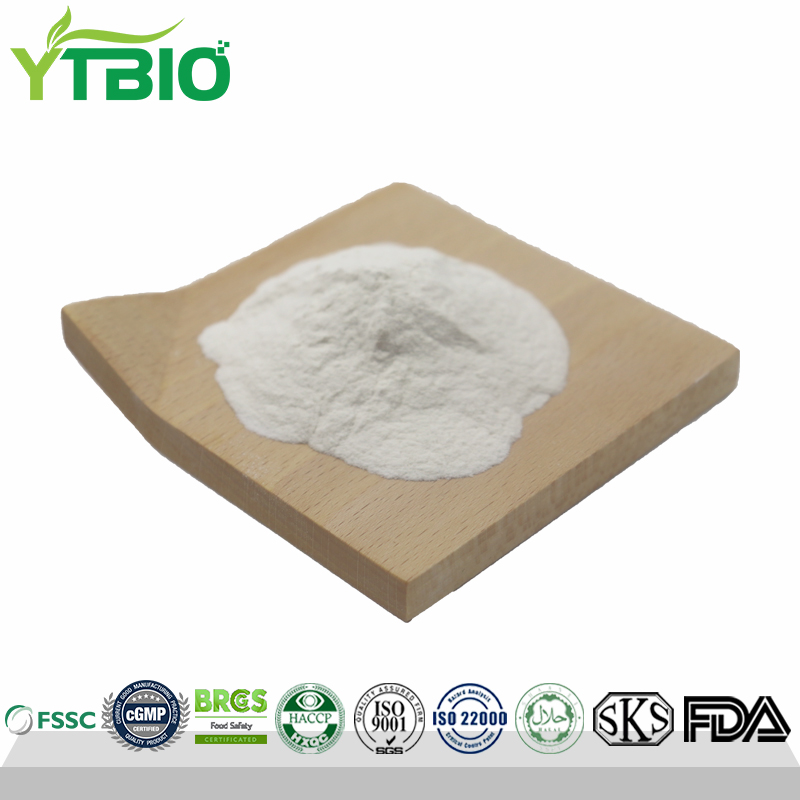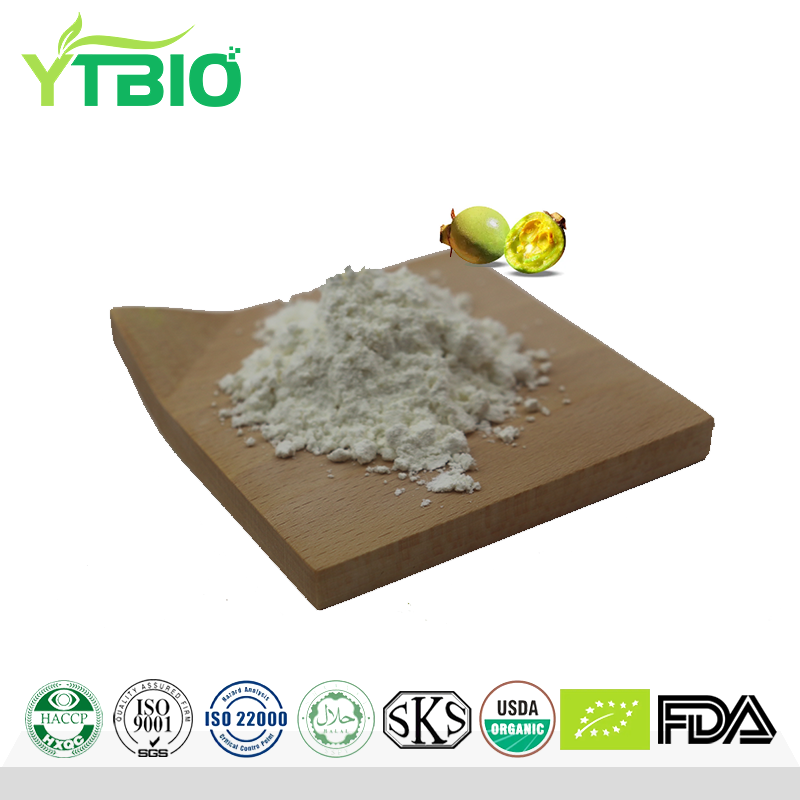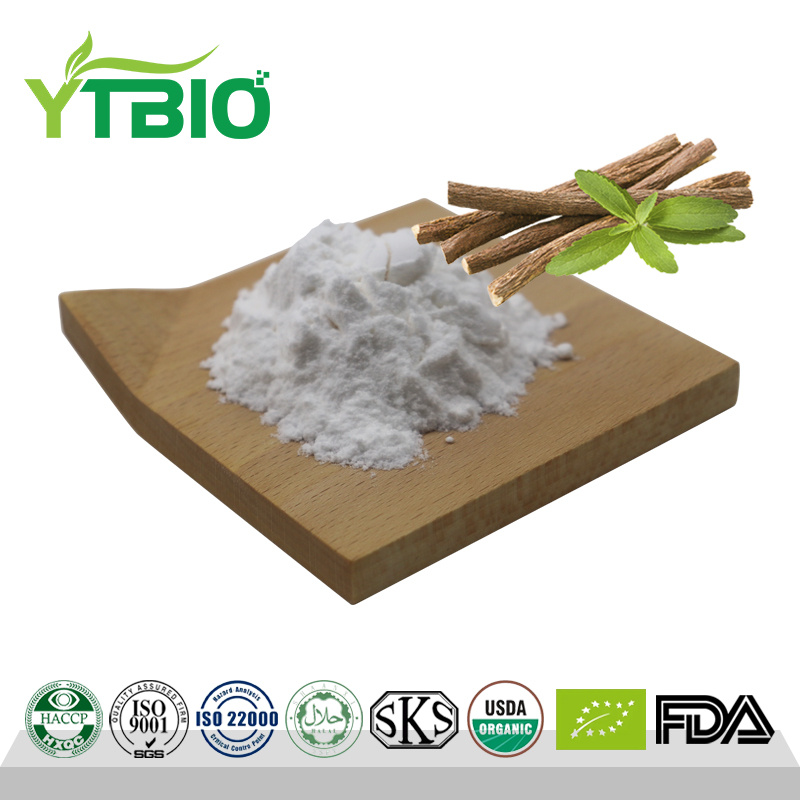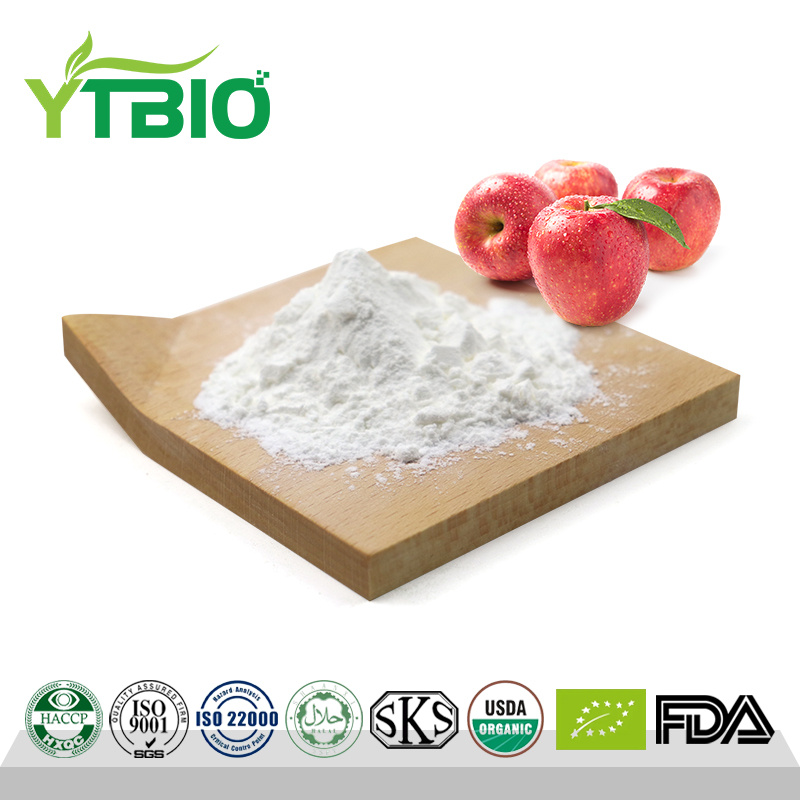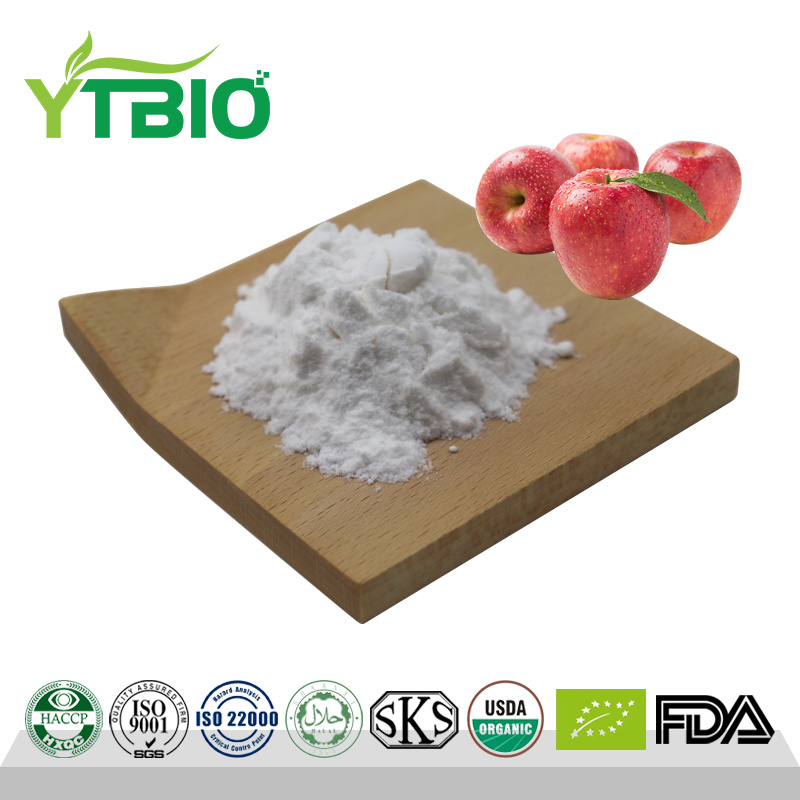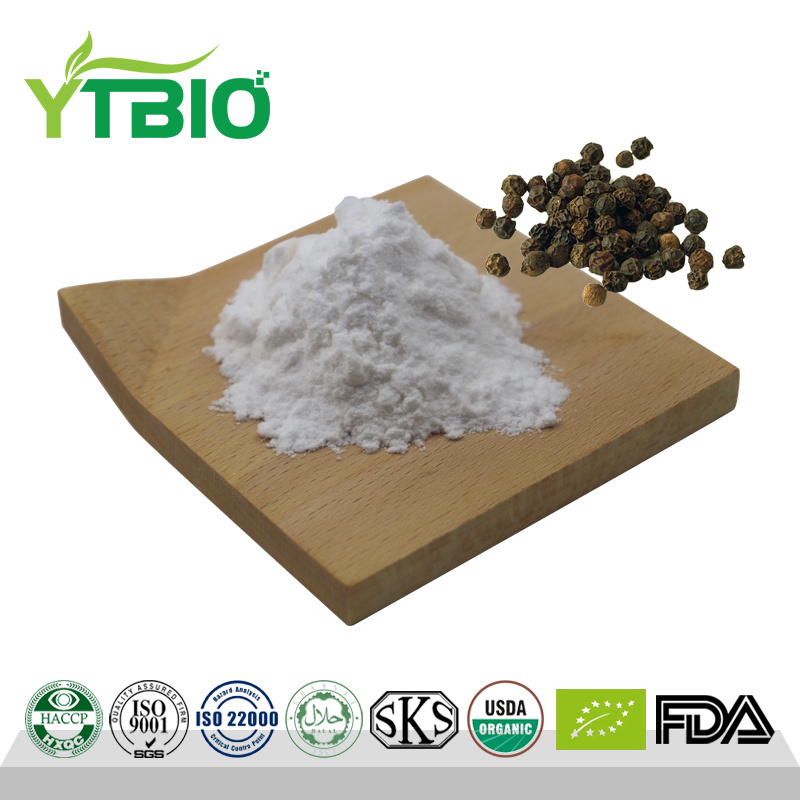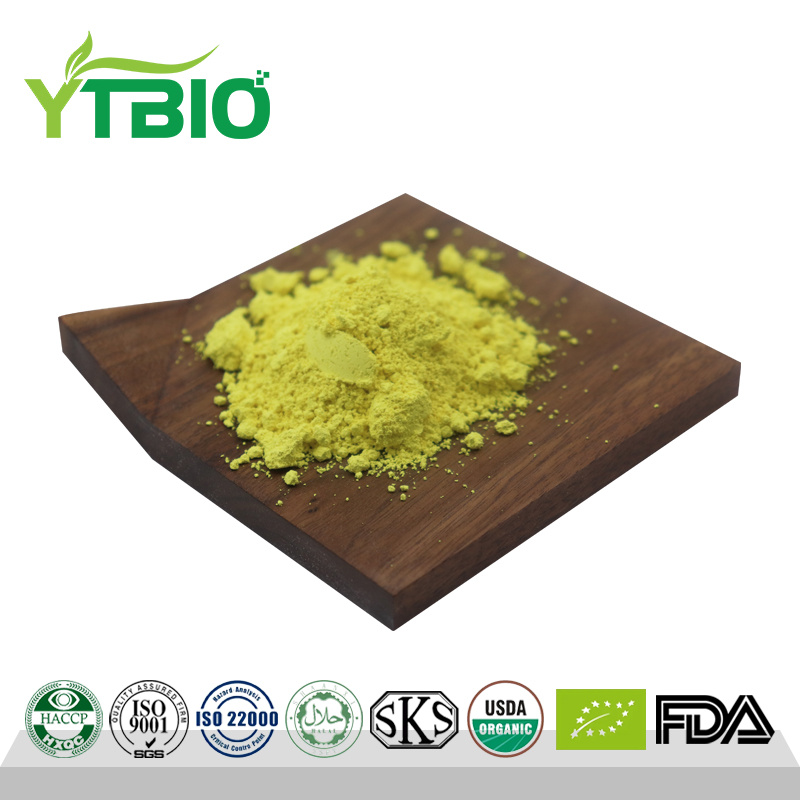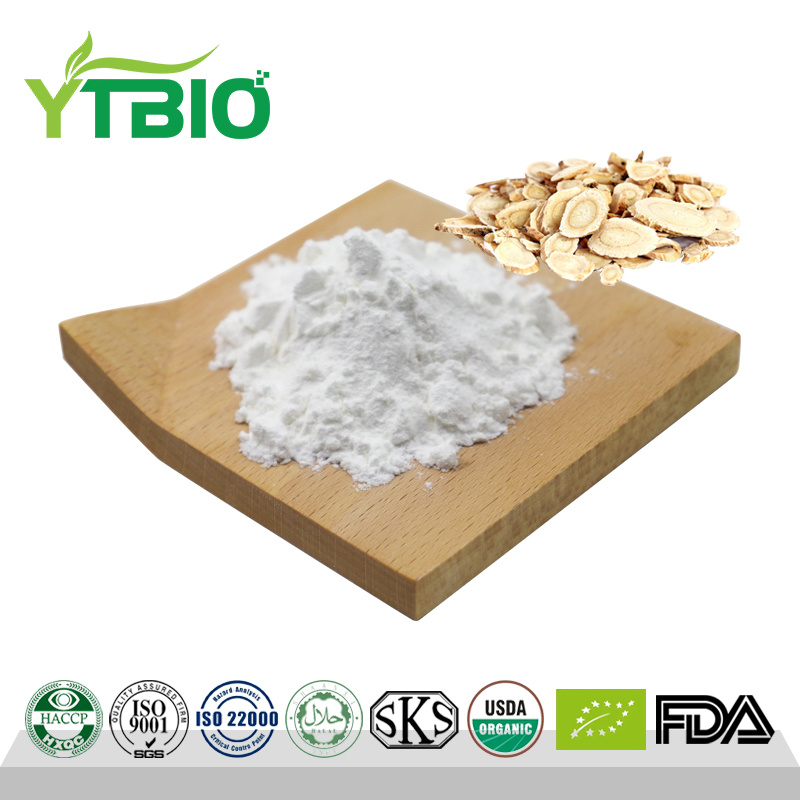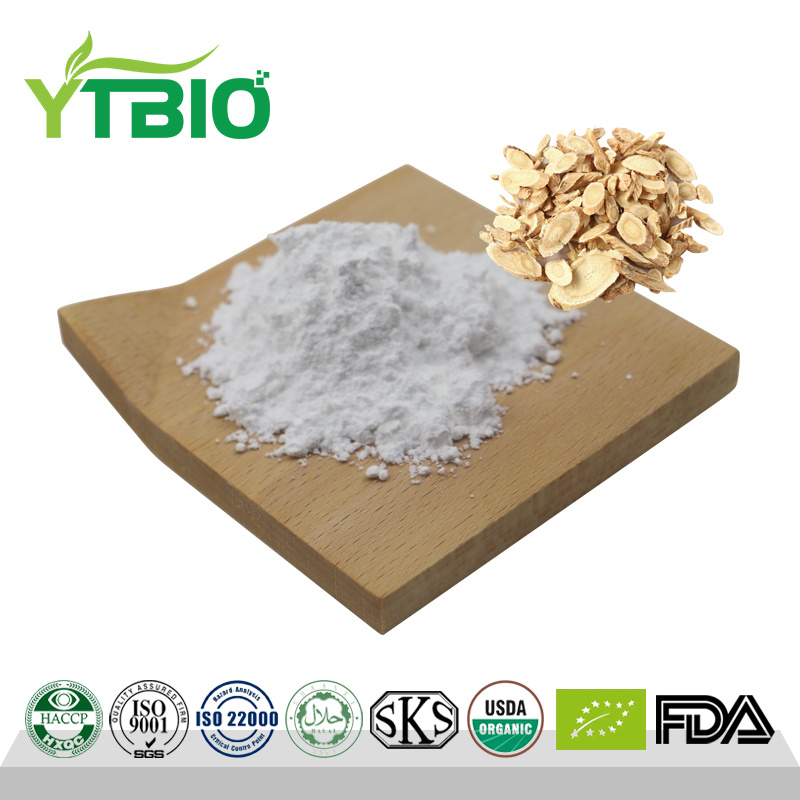Factory Direct Supply Melatonin 98% Powder
What is melatonin?
Melatonin is an indispensable natural hormone in the human body, regulating and influencing the secretion of other hormones. When melatonin levels decline, various bodily functions are affected, and the risk of diseases increases accordingly. Research shows that melatonin secretion begins to decrease in middle age and becomes almost negligible in old age. Timely supplementation of adequate melatonin can improve endocrine system function, enhance immunity, boost stress resistance and antioxidant capacity, improve sleep quality, slow down the aging process, and delay the degeneration of sexual organs. Melatonin also has significant benefits for issues such as habitual insomnia.
Melatonin's role in regulating circadian rhythms is its most well-known function, as the physiological increase in its concentration is a key factor in inducing sleep. Abnormal melatonin secretion may lead to sleep disorders. Studies indicate that supplementing with exogenous melatonin helps adjust sleep cycles, particularly showing significant effectiveness for insomnia caused by reduced melatonin secretion.
Melatonin Synthesis
The synthesis of melatonin is regulated by light. When the retina detects blue light in the environment, it transmits light and dark signals to the pineal gland, which stimulates melatonin production in dark conditions.
Pineal gland cells use L-tryptophan as a precursor. First, tryptophan hydroxylase converts L-tryptophan into 5-hydroxytryptophan, which is then decarboxylated by decarboxylase to form 5-hydroxytryptamine (serotonin). Next, under the catalysis of N-acetyltransferase, serotonin reacts with acetyl-CoA to form N-acetyl-5-hydroxytryptamine. Finally, methyltransferase converts it into melatonin.
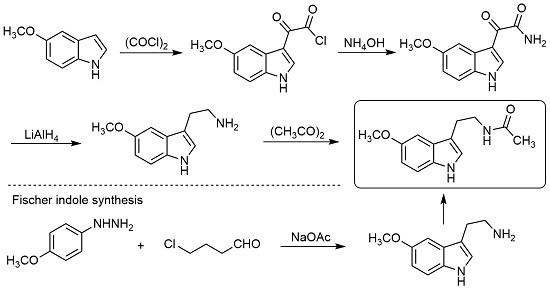
Representative chemical synthesis routes of melatonin
Functions and Effects
Sleep Promoter
Melatonin is primarily used clinically as a sleep promoter to treat sleep disorders. While it is not a conventional medication for insomnia, it can be taken in cases of circadian rhythm disturbances (such as jet lag) or endogenous melatonin deficiency. It is generally recommended for use for no longer than 13 weeks.
Neuroprotection
Melatonin exhibits neuroprotective effects in various neurological disorders. It can enhance cognitive function in patients with mild cognitive impairment, reduce mortality rates in individuals with amyotrophic lateral sclerosis (ALS), and alleviate the severity of tardive dyskinesia.
Application
Melatonin's physiological and pharmacological activities have been successfully applied in pharmaceuticals and health supplements. The high market demand makes the exploration of its chemical synthesis highly necessary. Notably, melatonin synthesis technology is well-established, yielding high purity, and has become the primary source of melatonin today.


